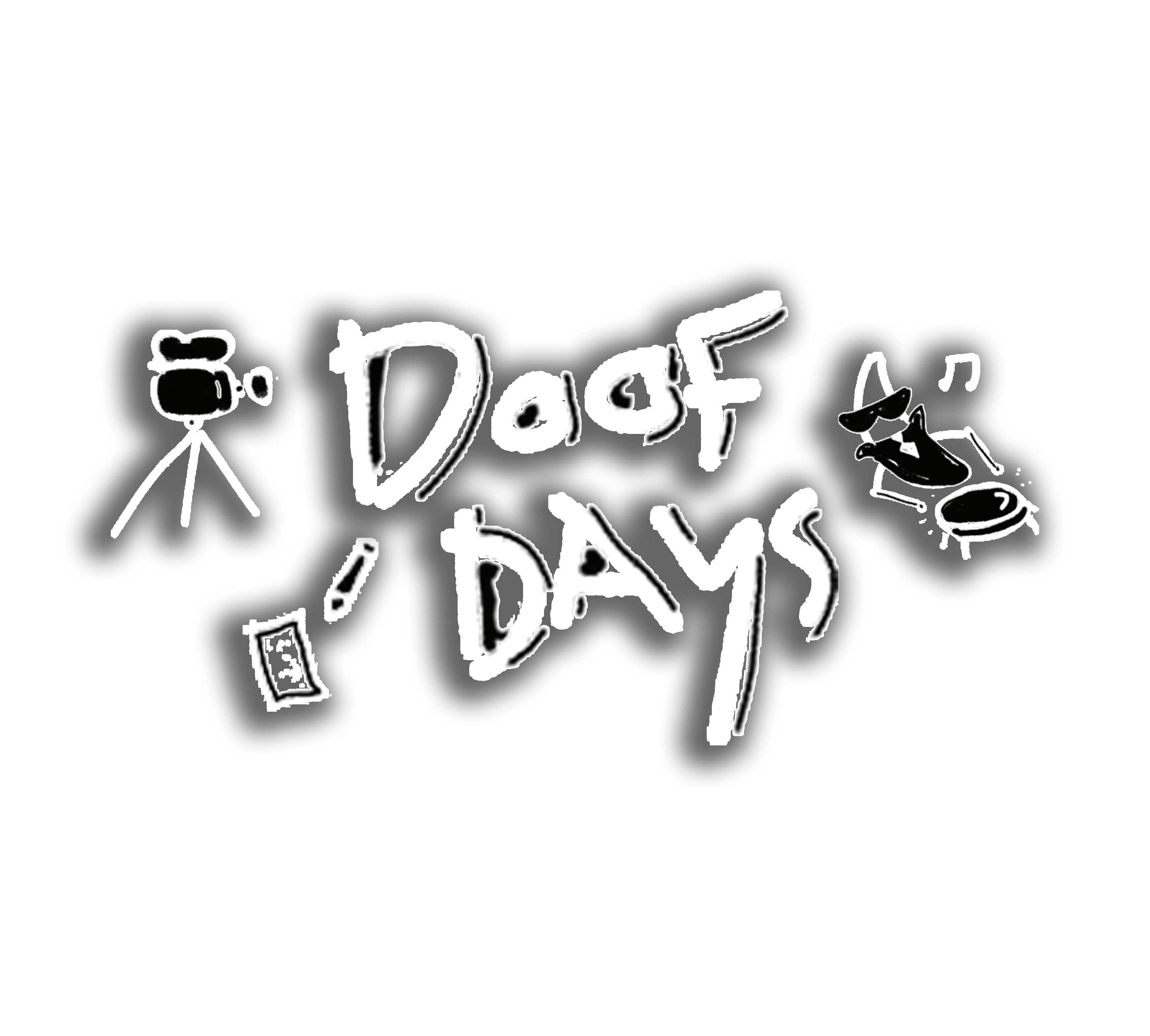To give you some insight into exactly how I see the world, I need to tell you a bit about my family. My dad is Cuban. My mom is Puerto Rican. They both lived the first ten years of their lives in their respective countries and then immigrated to Miami, Florida. After marrying young and having two handsome sons, they both worked in the company my Cuban side of the family started. Since then, they have clearly defined their roles in raising the family and at the company.
According to Hofstede’s masculinity-femininity dimension, the GLOBE dimension of assertiveness, and my Latin-American influenced experience, I have lived a masculine oriented life. “Several correlations confirm the explaining functions of male-females roles,” and extend into my borderline machismo point of view (Mooji 2019). I was raised in a household where my dad expected my mom to take care of him and the family while manning (I use this term intentionally) all the cooking and cleaning duties. This tradition came from my grandparents since my grandmother has lived in the kitchen since as long as I can remember.
This assertiveness dimension is in my DNA, but I regularly fight against it. Don’t get me wrong, I vocally support defined roles, but more so the balance of them. In most of my relationships, I like to be the typical Disney channel gentleman for the women in my life, opening every door, consistent flower deliveries, and making sure she’s on the side of me opposite the cars when we’re walking on the sidewalk. But I am capable of sharing some of the less traditionally Latin American male roles. On any given day I’ll cook if you clean or clean if you cook. It’s just all about balance.
My girlfriend, having lived 22 of her 23 years in Spain, sometimes struggles with the changes in cultural dimensions here. We regularly argue because of a disconnect in communication. Den Hartog says, “assertiveness links with a direct communication style, making one’s wants known to others in no uncertain terms” (Hartog, 2004) This is something that I practice, but flies over my girlfriend’s head. I tend to get myself into trouble by speaking my mind too much, while my girlfriend tends to cause a war thirty years after the initial problem happens.
To no one’s surprise, my concept of self has drastically changed through puberty and maturity. While I view myself as an efficient and rational consumer now, I was the prototypical American child in my youth. I asked my parents to buy things that were “compatible with my self-concept” and that enhanced my “ideal self-image” (Mooji, 2019). I remember DC as my go to brand as a young, naïve, rebellious, aspiring twelve-year-old graffiti artist. My skateboard design was a representation of personal identity, the bad boy who was scared to hit a kickflip once the skateboard accidently flipped the into my nether regions.
Since then, I have stuck to Ripsticks — the two-wheel boards that you have to wiggle your hips to ride (much cooler). This is mainly in consideration to my linear view of time because American’s have a clear structure, such as “beginning, turning point, climax, and end” (Mooji, 2019). My tragic skateboard accident (don’t worry I’m speaking in hyperbole) was the clear climax and end of my skateboarding career. This was the first step in understanding the consequences to my actions. It genuinely made me question my future, and since then the cause-effect paradigm hasn’t left my mind. I live a very future centric life, always valuing the decisions I make based on a life that may or may not happen, because my dad’s engineering background has taught me to view life much more analytically.
To this day, my dad’s favorite quote is “everything in excess is bad.” This emphasizes my view of indulgence versus restraint (IVR). IVR stands for the “degree of happiness people experiences, the control they have over their own lives, and the importance of leisure” (Mooji, 2019). Consistent with my traditional family value of women in the household, I have existed on the lower spectrum of IVR, regularly practicing restraint. I buy the things that make my life easier, rather than to seek validation. This is something unique to my family, because “Latin families tend to score high on indulgence” (Mooji 2019).
If I do buy something frivolous, it is to enhance my self-image, but always with restraint. I don’t own seven thousand-dollar Cuban links; I have one seven-dollar silver necklace that holds two inch-long dangling drumsticks. I only buy new clothes when the previous ones stop fitting, and I can’t tell you the last time I bought a new pair of shoes. Until the ones I have on break, I’ll keep walking, or at the very least skateboarding.
References
Mooji, Marieke de. 2019. Global Marketing & Advertising Understanding Cultural Paradoxes. Sage Publications.
Hartog, Den. (2004). Culture, leadership, and organizations: The GLOBE study of 62 societies. Thousand Oaks, CA: Sage.
